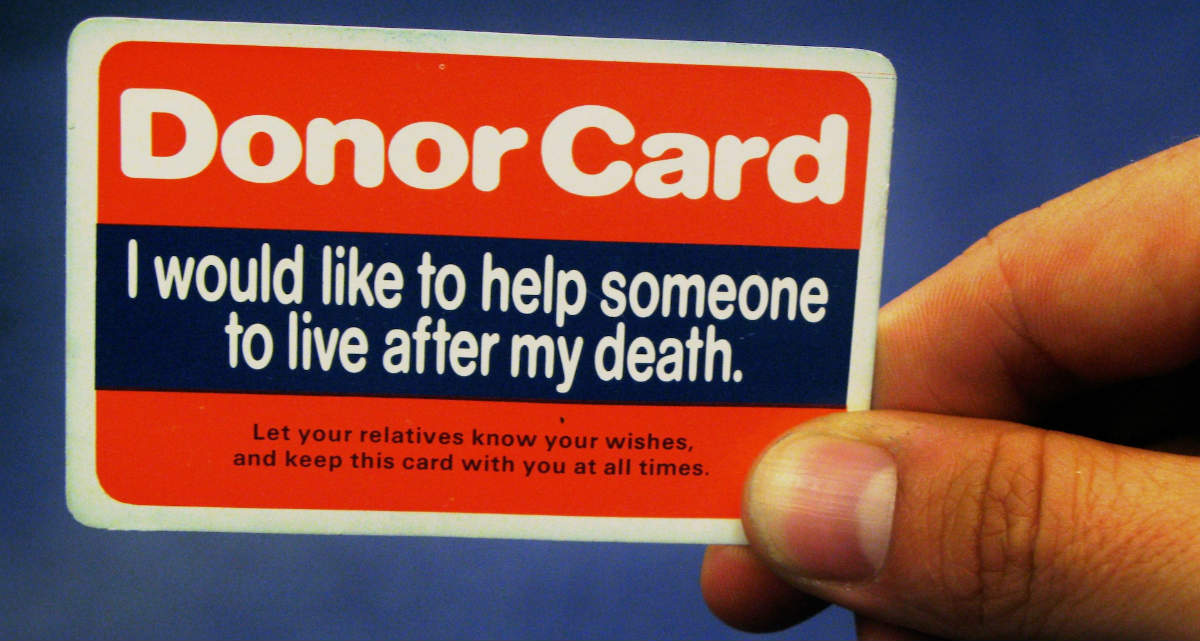
Will Britain’s new opt-out organ donation system work?
Families don’t like it — and their wishes count
Britain will change to an opt-out organ donation system by 2020 under proposed new legislation. “We believe that by making these changes, we can save as many as 700 more lives every year,” Jackie Doyle-Price, parliamentary undersecretary of state for mental health and inequalities, said in a statement.
However, the opt-out system is unlikely to increase the number of donations, according to a new study in the Journal of Experimental Psychology by psychologists from Queen Mary University of London.
Most organ donation legislative systems, whether opt-in or opt-out, include a clause that allows the final decision to donate to be made by family members. The National Health Service reported in 2016 that more than 500 families had vetoed organ donations since April 2010 even though they had been informed that their relative was on the opt-in NHS Organ Donation Register. This translated into an estimated 1,200 people missing out on potential life-saving transplants.
Lead author Dr Magda Osman explained: “We show it's harder to judge the underlying wishes of the deceased if they were on an opt-out and mandatory donation register. Why? Because making a free choice indicates what your preference is. If you don't actively choose and you are listed as a donor on the register, then it isn't clear if you really wanted to donate your organs. This matters because if in the event of death your relatives have to decide what to do, they may veto the organ donation if they can't tell for sure what your underlying wishes were.”
To address problems like these, behavioural interventions, such as nudges, have been used to provide practical solutions that are based on psychological and behavioural economic research.
An example of a nudge is an automatic default, such as the ones often used in organ donation legislative system. The rationale behind an automatic default is that it can bridge the gap between a good intention and the effort needed to implement that intention into practice.
Dr Osman said: “Our findings are important because they challenge the efforts of many nudge enthusiasts to promote the use of opt-out defaults in organ donation.”
She added: “To help increase actual rates of organ donation, we need more transplant coordinators working with families to help them understand the issues before being faced with a monumental and distressing decision.”
Creative commons
https://www.bioedge.org/images/2008images/FB_opt-out.jpg
organ donations
- How long can you put off seeing the doctor because of lockdowns? - December 3, 2021
- House of Lords debates assisted suicide—again - October 28, 2021
- Spanish government tries to restrict conscientious objection - October 28, 2021
